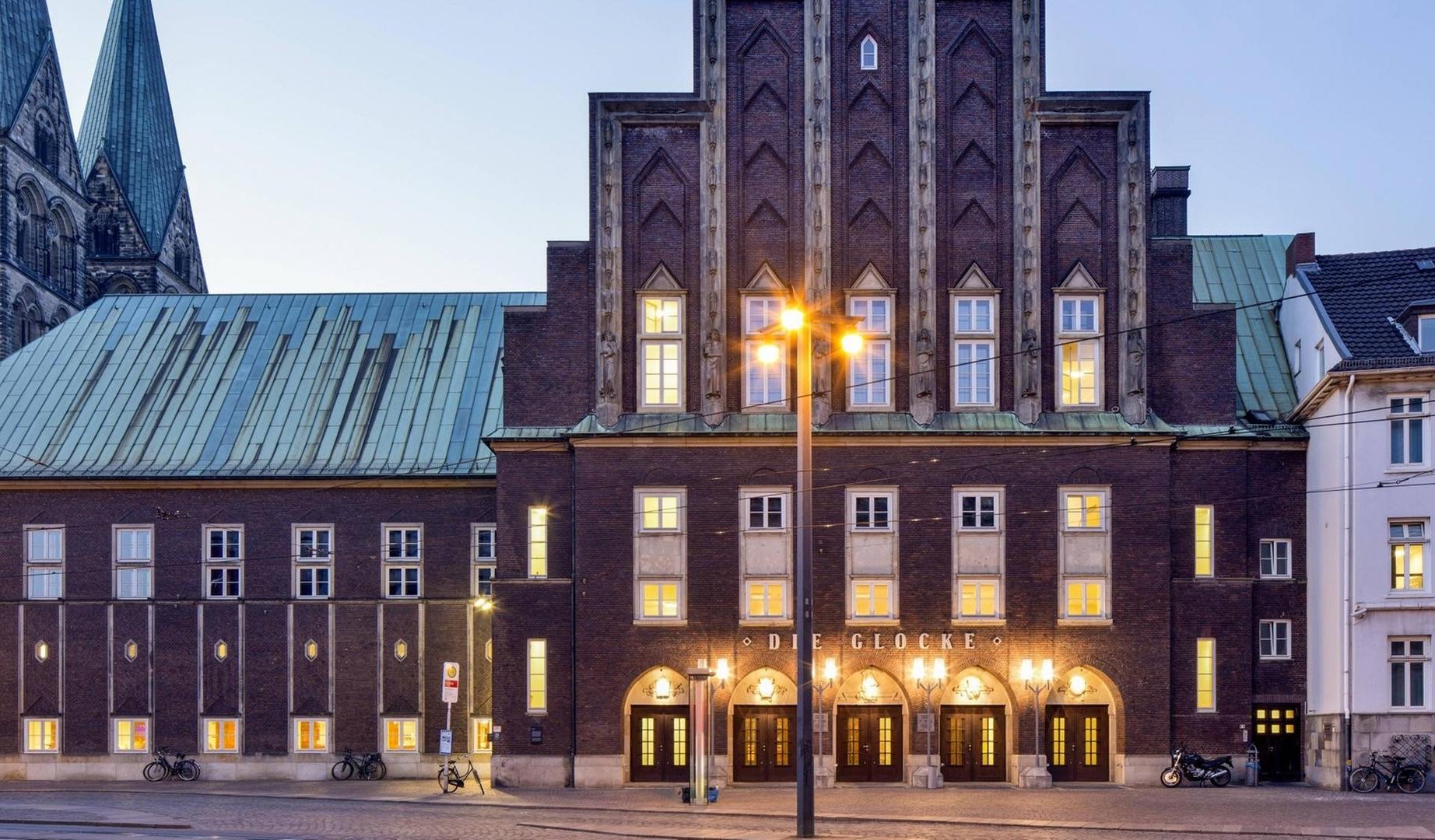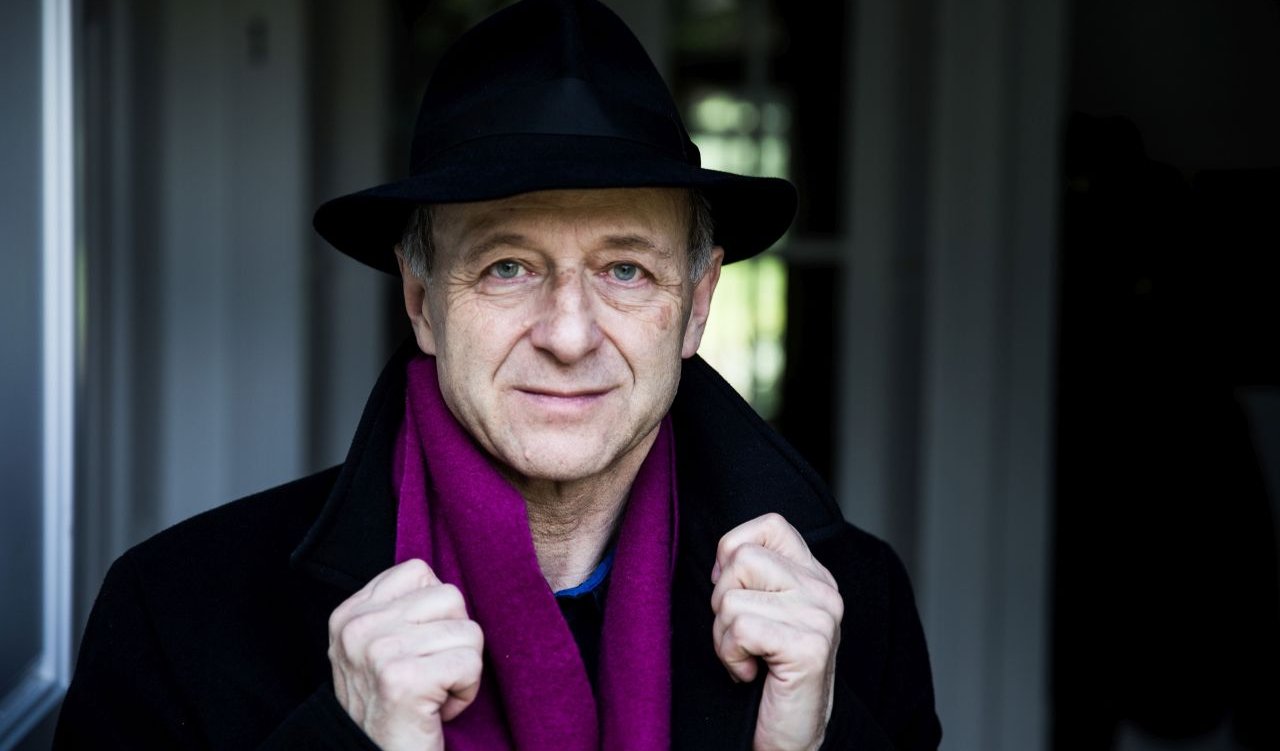


Program
Featuring
Other information
The event is about 45 minutes long.
About the event
The core program of the Budapest Festival Orchestra’s triple concert in Bremen draws an arc from Baroque to contemporary to folk music. Moreover, the concerts will be very diverse, not only with regard to the musical eras, but also the performing musicians because, in addition to a great variety of genres and instruments, the human voice will also play a crucial role. To begin the colorful program, a few of the vocal works by Monteverdi, accompanied by an ensemble of instruments, will be performed. The composer reconsidered the relationship between music and words in a revolutionary way. Baroque musical jokes will be followed by a grotesque piece from the late 20th century. Competition-winning German soprano Anna-Lena Elbert, still in her late twenties, will sing Ligeti, so audiences can hear the brilliant coloratura set of the composer’s avant-garde “anti-opera”. The concert will close with a musical selection: Jewish klezmer and Hungarian folk songs will be performed.
1607 was a significant turning point in Monteverdi’s life, hence in the history of music as well. He lost his wife, his groundbreaking opera L’Orfeo was premiered and the first volume of Scherzi musicali was published. Written for three voice parts and instrumental continuo, the characteristic rhythms and atmosphere of the eighteen short pieces evoke the pastoral surroundings of the Fifth book of Madrigals, published two years earlier. The Foreword to the Scherzi musicali collection carries on the debate caused by the Book of Madrigals and champions seconda pratica, Monteverdi’s new style of composition, summarizing it thus: “Make the words the mistress of the harmony and not the servant.” The second volume of vocal compositions, attempting to express the words, was published in 1632. The works selected from the series will be performed by the choir of the musicians of the BFO.
Gepopo, the chief of the secret police of Brueghelland, gives a warning to Prince Go-Go: the intelligence service has discovered that a giant comet is approaching and will destroy the planet. Due to the messenger’s fear and paranoid hysteria, the coded message becomes almost incomprehensible. Le Grand Macabre, Ligeti’s only opera, invoking medieval mystery plays, is an absurd caricature, full of sarcastic wit and virtuoso grotesqueness. This is particularly true of the Gepopo arias, which were arranged as an individual concert piece in 1991 by Elgar Howarth, who was also the conductor of the work’s premiere. Performing the wails of the police chief desperately singing about the end of the world is an extremely difficult technical task for the soprano; the chamber orchestra, sometimes operating as a choir, accompanies the cries for help with similar virtuosity and the most unusual effects.
The programs of the Budapest Festival Orchestra often feature works inspired by different types of folk music, but it is also important for the musicians to reach back from time to time to the musical roots themselves. Just as the first concert in Bremen featured folk music, this performance will also include a compilation of folklore pieces. In addition to the Hungarian tunes played by the BFO, klezmer, the Jewish music characterized by certain instruments and a specific scale, will also be heard.
